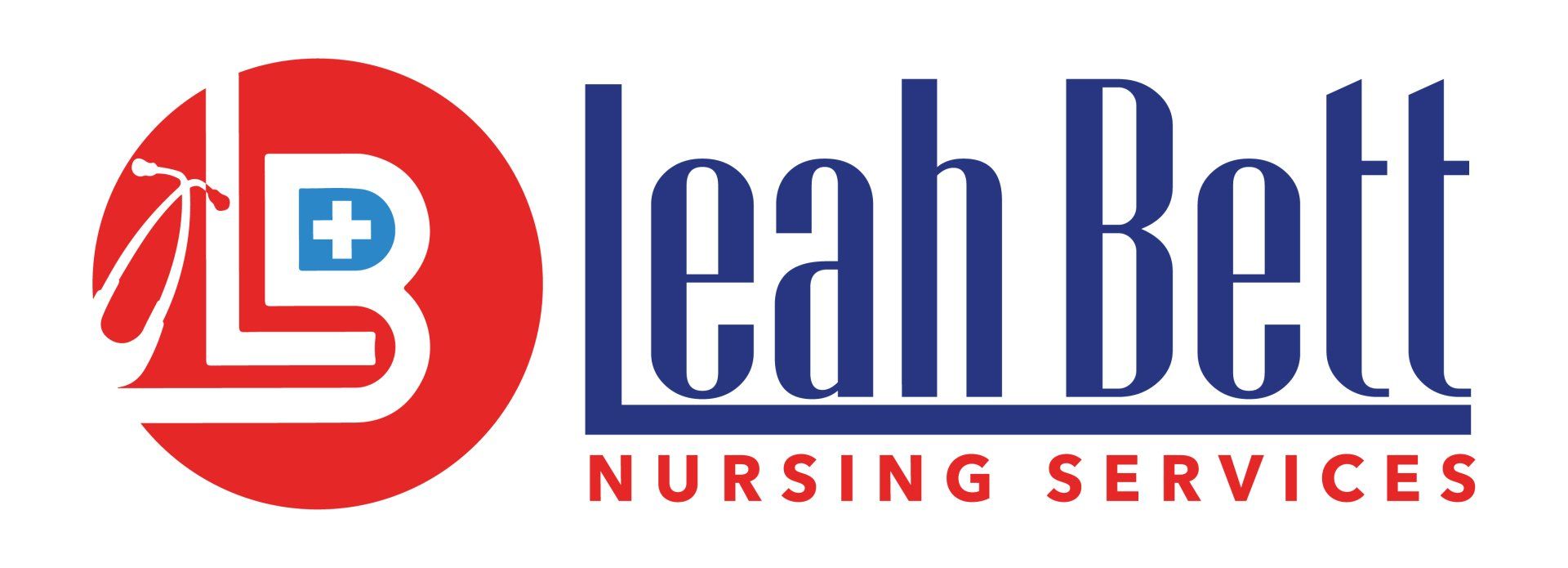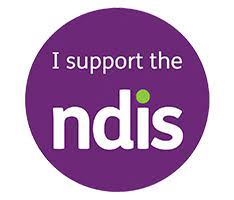Make an Enquiry
Contact Us
Thank you for contacting us.
We will get back to you as soon as possible.
We will get back to you as soon as possible.
Oops, there was an error sending your message.
Please try again later.
Please try again later.
Information
Office Address
Level 1, 4/8 Gregory Terrace Alice Springs NT 0870, Australia
Acknowledgement of Country
Leah Bett Nursing Services recognises all Aboriginal and Torres Strait Islander people as the first Australians and Traditional Custodians of Australia. We acknowledge the Arrernte people of the Alice Springs region who are the Traditional Custodians of the land in which we live, learn and work. We pay our respects to all Elders, past, present and future.





